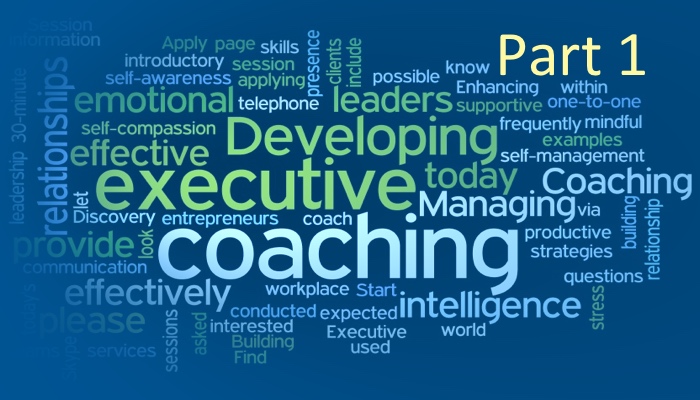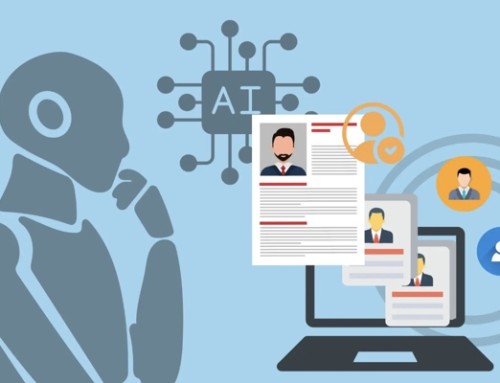An Executive Coach unlocks potential
One of the biggest mistakes executives can make is becoming complacent. They have risen to the top and, without realising, they become a mentor rather than a mentee. With very few people in the environment to provide direction, it becomes increasingly difficult to see the areas of improvement.
This is where an Executive Coach comes into play. They take on a number of responsibilities within an organisation that allows executives to improve their personal skills as well as the overall success of the business: imagine a tamer version of Gordon Ramsey working with a head chef to turn a restaurant around.
Key responsibilities for an Executive Coach typically include:
- Observing leadership and their interactions with team members to provide insights
- Working with executives to set business goals and create a plan to achieve them
- Improving or developing business models
- Act as a sounding board for ideas and strategies
- Highlighting gaps in skills and working towards unlocking their full potential
Choosing to hire an Executive Coach is far from a sign of weakness. It’s the sign of a great leader who wants to improve and it can lead to positive changes.
There are 6 core areas they will work on:
- Leadership – Identifying areas of an individual’s personality that need to be enhanced in order to match the company culture and values. Also, carrying out assessments that allow executives to bring out the best of their leadership style.
- Interpersonal skills – Outstanding communication skills are critical for executives. Coaches can work on all areas of communication from speaking to listening and even writing
- Introspection – Instead of getting carried away with the hustle and bustle of the job, an Executive Coach will help you to add some time in your routine to reflect on individual and business performance
- Accountability – It’s not easy taking the responsibility to everything that occurs within a business but a good leader is always accountable. Coaches provide support in this area using motivational techniques
- Productivity – There might be tasks that could be delegated, meetings that could be made more efficient, resources that could be put to better use. All of these will lead to greater productivity
- Competitiveness – Every now and then an executive might lose their competitive edge. An Executive Coach can bring that fire back into your leadership to drive forward business success
– Read: Executive Coaching & Your C-Suite | Part 2 –
IS YOUR FIRM LOOKING FOR PROFESSIONAL STAFF?
Contact us today with details if you’d like assistance or to schedule an introductory call to see how we can help.







Leave A Comment
You must be logged in to post a comment.